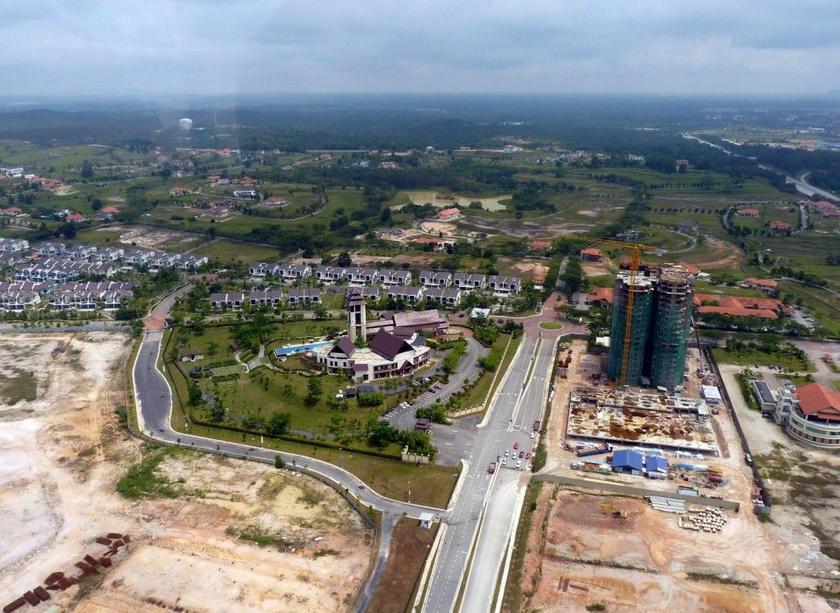KUALA LUMPUR, Aug 29 — Iskandar Malaysia, the economic development corridor in southern Johor, says the current property glut in the state only involves certain property segments.
Although Johor has come out tops in the country with the most number of unsold units of property for the first quarter of 2016, Iskandar Regional Development Authority (IRDA) chief executive Datuk Ismail Ibrahim said such a surplus was only limited to the high-end, high-rise and high-density segments that mainly consist of serviced apartments.
“There may be a slowdown in demand for the high-end landed segment but the supply is also not as superfluous as that of serviced apartments.
“Further down the line, the medium, affordable and low-cost segments are where most of the demand is not being fully met,” he told Malay Mail Online.
Ismail, however, did not provide details of the slowdown for each segments.
According to the National Property Information Centre (Napic), Johor recorded the most number of units launched as well as the most number of unsold residential units between January and April this year.
The state recorded 8,605 launches, of which 2,663 units that amount to RM1.7 billion have been left unsold.
However, Ismail predicts that the country will require an additional of 666,000 units of houses in accordance with the pyramid-shaped demand by 2025.
“There is a dearth of houses in the price bracket of RM150,000 to RM450,000 which 50 per cent of the population can afford.
“The issue which should be acknowledged is a mismatch of demand versus supply and pricing versus affordability, purely due to commercial reasons,” he said.
Moving forward, he said IRDA has activated the Iskandar Malaysia Property Action (IMPACT) programme to discuss ways to tackle problems that shrouded the property market.
The programme involves stakeholders from the public, and private sectors, professional bodies and academicians.
This move, Ismail said, will address issues on affordability, property bubble and wealth sharing.
Ismail added IRDA and the Johor government, in 2014, embarked on an initiative to study what makes for a sustainable property market by evaluating available housing policies.
“Apart from that, the Iskandar Malaysia Accolades (TIMA) is being organised to recognise projects that contribute towards achieving Iskandar Malaysia’s vision and objectives by encouraging developers to adopt a more balanced and sustainable approach in their developments.
“A think-tank is also being formed to provide more accurate, transparent and comprehensive data and information on the property market that can help the matching of demand with supply,” he said.



















